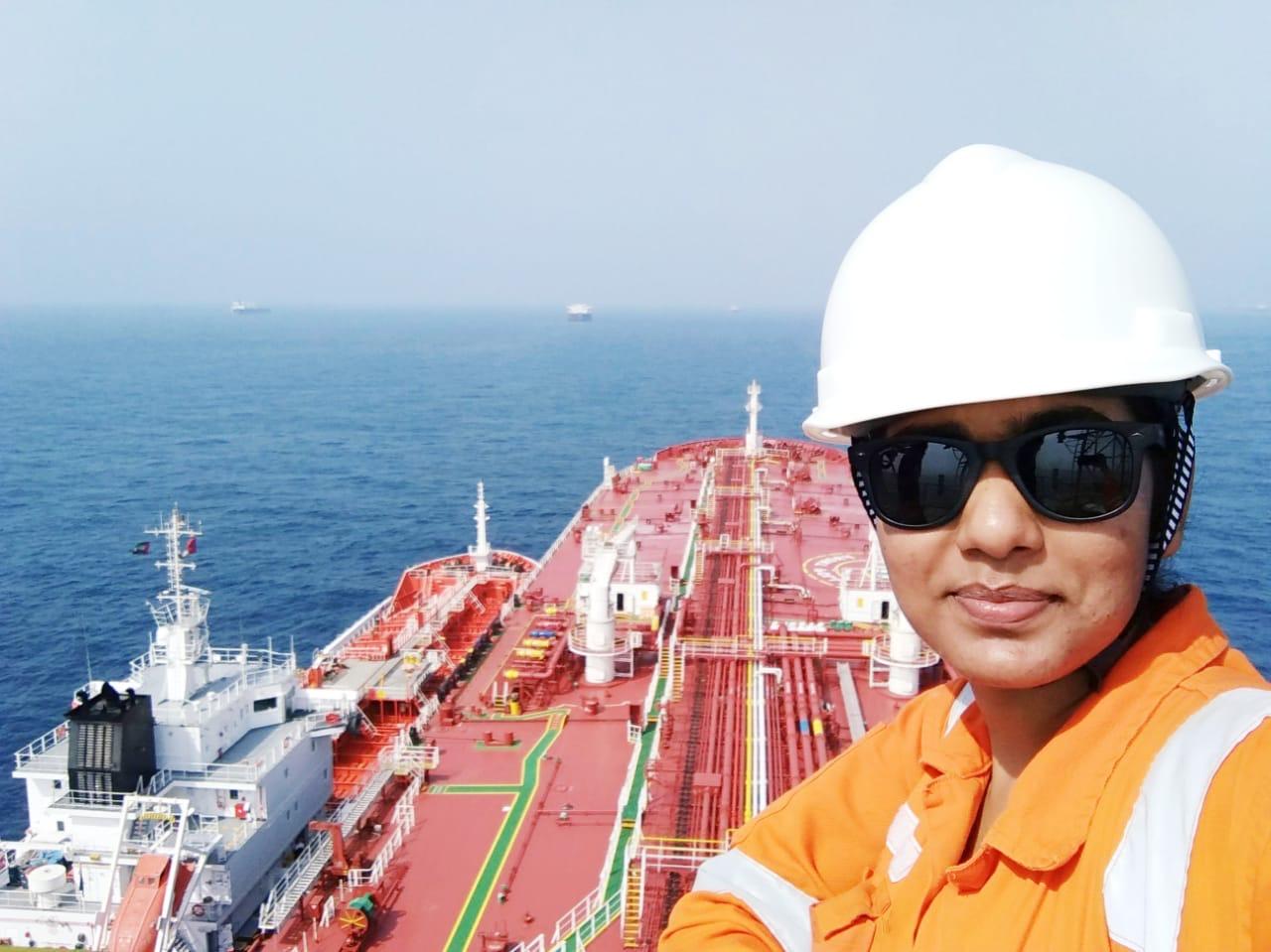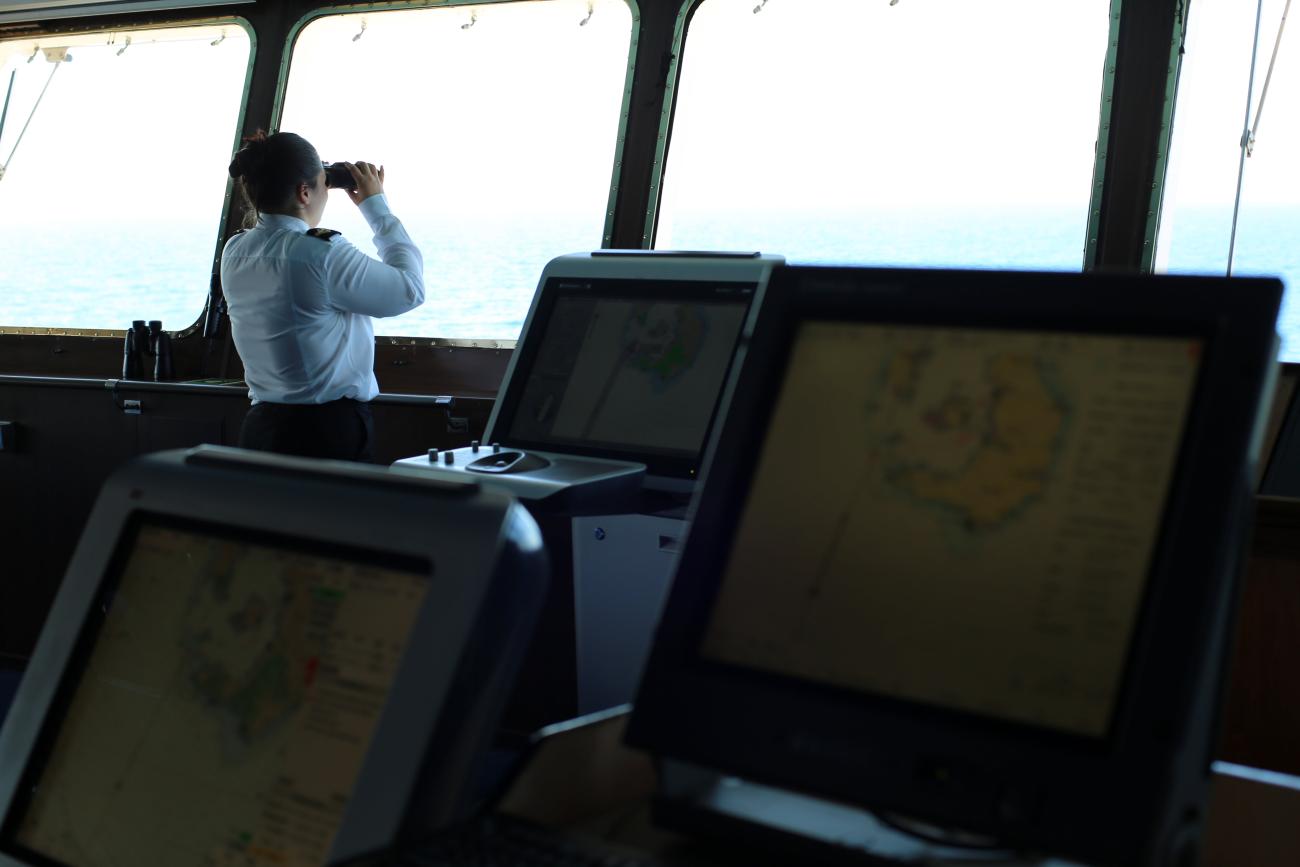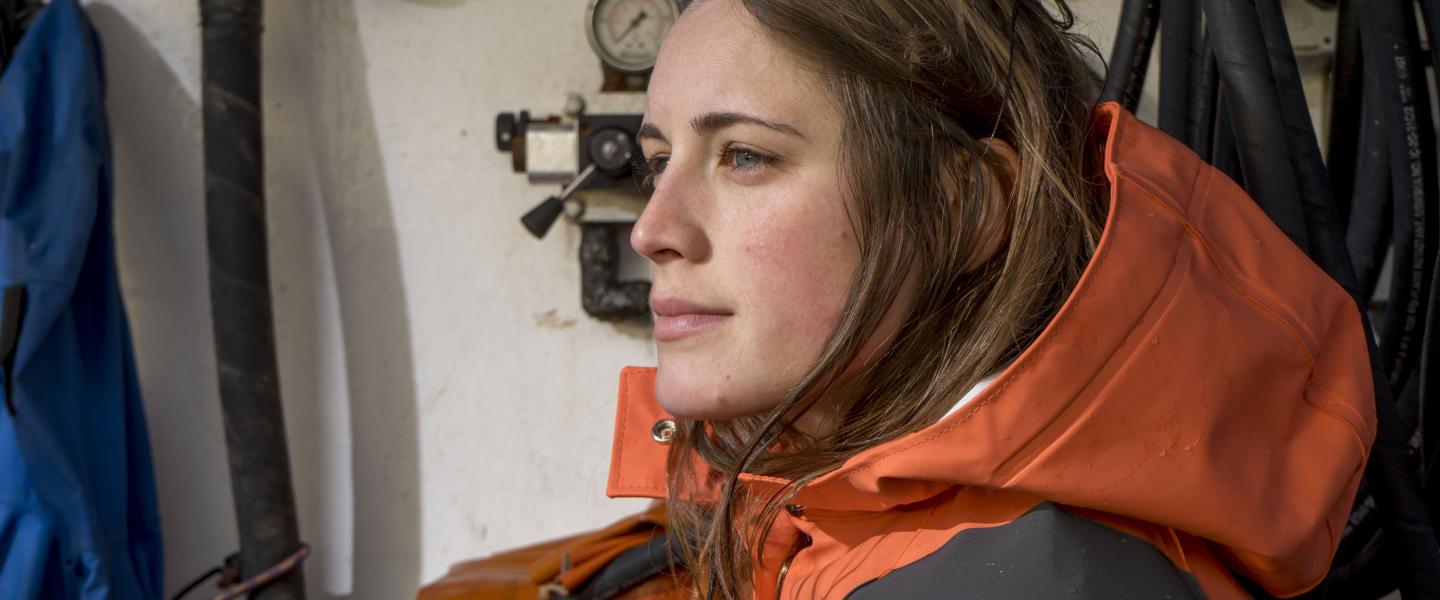The International Maritime Organization (IMO) International Day for Women in Maritime is celebrated annually on the 18th of May and aims to honour women in the industry and encourage recruitment, retention and continued employment in the sector.
But is this enough?
Sexual misconduct has long been under-reported amid the muted undercurrent of the maritime industry. But with incidents becoming more frequent as more women enter the industry and more victims are willing to talk publicly, the problem is gaining global attention.
Human Rights at Sea (HRAS) have raised awareness of equality at sea since the charity was founded in 2014. At that time, and since, HRAS has repeatedly been told that it was exaggerating the situation. It has been informed by elements of the maritime industry that speaking out was damaging recruitment for the sector.
In 2019, HRAS met with Amreen Bano, a high-achieving Indian Electro Technical Officer, listened to her story first-hand and published a case study where in her own words, she describes the challenges and struggles for women seafarers.

Shocking statistics?
Again in February 2021, Human Rights at Sea (HRAS) continued to tackle this topic and the surrounding narrative and published a case study by HRAS advisory board member and maritime professional Joanne Rawley, providing personal insight and commentary as a reality check to the issue of diversity and inclusion in the shipping industry.
It was ghosted, rebuffed, and those brave enough to come forward were isolated by the very people who had stated they would address the issue within UK-based industry circles.
In 2022, the Women's International Shipping & Trading Association (WISTA) published a comprehensive survey of the maritime industry.
The study uncovered alarming statistics regarding gender-based discrimination, onboard harassment, and bullying against women.
WISTA surveyed more than 1000 female seafarers from 78 countries.
The results showed that 60% of them experienced discrimination based on their gender while on board, additionally:
- 66% of the respondents stated that their male colleagues harassed and intimidated female co-workers.
- 25% reported that physical and sexual harassment is widespread in the shipping sector, happening on board and invading their privacy.
- 97% of the women agreed that their organisation had a harassment and bullying policy, although most still acknowledged having experienced harassment.
A wake-up call
Increasing focus from the #meToo movement sparked #maritimemetoo, which was further sparked by the alleged rape of Hope Hicks, a student at the US Merchant Marine Academy (USMMA).
Hope first made the allegations anonymously as "Midshipman X" in October 2021, posting a detailed account of the alleged rape on "Maritime Legal Aid" - a website devoted to confronting what it describes as "rampant sexual abuse in the maritime industry."
The post was a bombshell — not only at the academy but in the wider industry.
Efforts are being made to address these issues and promote gender equality in the industry. So what is changing in 2023?
In April 2023, the Global Maritime Forum, along with the All Aboard Alliance, issued a new study that finds 15 key pain points for women at sea, including: difficulties in succeeding professionally at sea; challenging social relations on board; employment challenges; and physical conditions.
More than 100 anonymous women seafarers from all ranks form the basis of a multi-year effort by the All Aboard Alliance to improve living- and working conditions for women at sea.
The Global Maritime Forum and the All Aboard Alliance hope this report will help spread awareness of the major challenges experienced by women at sea and that many will join us on our mission to identify adequate and sustainable solutions for each of the 15 critical pain points.
The interviews covered women of all ranks, from captains to deckhands, and on many types of ships, with most of those involved being from Asia (63%) and Europe (25%).
"We need to make life at sea more inclusive to women seafarers," said Su Yin Anand, Head of Shipping at South32 and co-chair of the All Aboard Alliance.
Testimony from the interviews shows how some seafarers feel disrespected because of their gender and are discriminated against by their male colleagues.

Keep talking
In the UK, charities such as Safer Waves are tackling the issue and in February 2023, triggered by the Guardian Australia’s report “Stranded at sea: amateur female sailors speak of sexual abuse by captains they met online”, Human Rights at Sea spoke to James Chalk, Safer Waves Trustee, where we discussed current policies, and what governments, the industry and individuals can do to help prevent sexual abuse, harassment, and gender discrimination from happening time and time again at sea.
Women have been breaking barriers in the maritime industry, proving their worth, and continuing to pave the way for future generations, but it's time to break the silence.
Women in Maritime can take power back by raising awareness and demanding change - leading to better policies and practices to ensure the safety and well-being of all workers at sea.
If you would like to share your story in a safe environment, identified or anonymously, please email our Communications Manager, Charlotte Rumbol, directly: Charlotte.Rumbol@humanrightsatsea.org
About Sharing. We welcome the use and dissemination of our work with proper accreditation. Please ensure that our Terms of Use are conformed with at all times.
